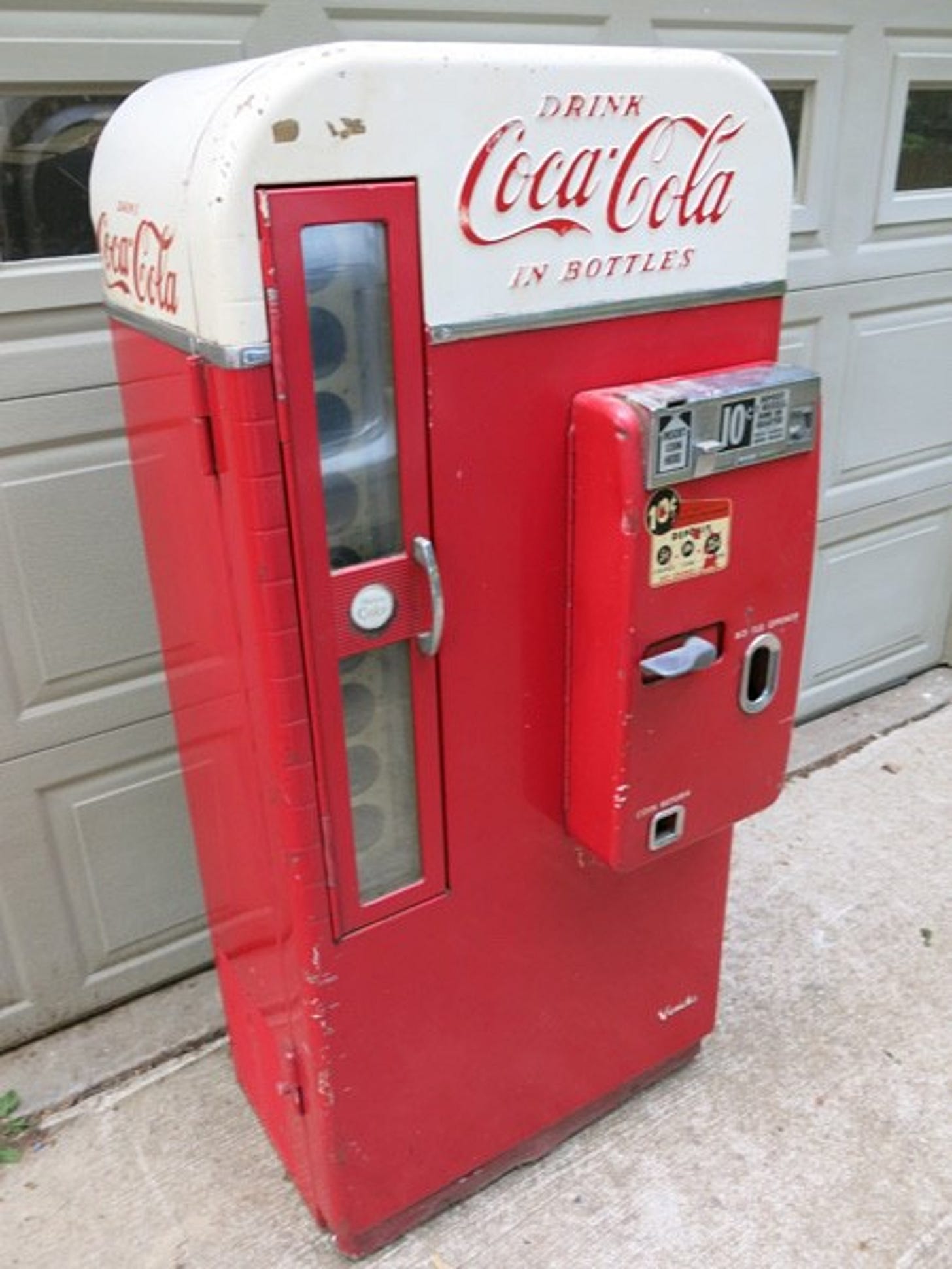
I grew up in Pine Bluff, Arkansas. Our home was in a primarily Black neighborhood within walking distance of the city’s downtown area.
We moved to the small town south of Little Rock after our parents took jobs as managers at the local Dillard’s Department Store. Although I spent equal amounts of my childhood in both c…
Keep reading with a 7-day free trial
Subscribe to The Journeyman. to keep reading this post and get 7 days of free access to the full post archives.



